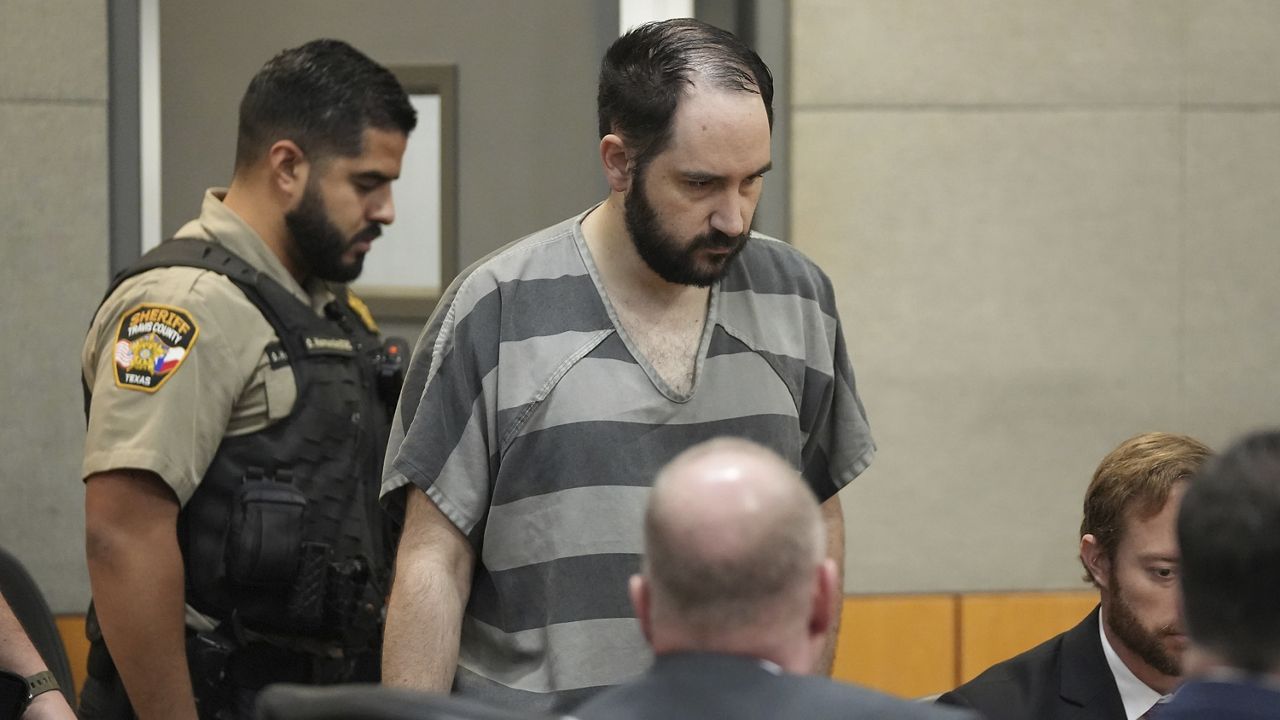Taiwan’s incoming president Lai Ching-te will start his first term on Monday under pressure to raise social spending and tackle deepening economic inequality while at the same time meeting US demands to shore up defences against an increasingly assertive China.
Every Taiwanese leader since the start of free, direct presidential elections in 1996 has taken office with a message aimed at Beijing, which claims the island as its own and threatens to annex it by force if necessary.
But against the backdrop of soaring tensions in the Taiwan Strait, the demands on Lai to balance Taiwan’s security risks with assurances of safeguarding its independence are greater than on most of his predecessors.
“There have been extensive exchanges about his inaugural address with Washington, and the US has been communicating some guidelines,” said a person familiar with the discussions.
Washington is keen to ensure that Lai will stick to the China policy line of his predecessor Tsai Ing-wen, who won broad international support for her cautious handling of often turbulent cross-Strait relations, several people in Lai’s Democratic Progressive party (DPP) said.
A US official said the American Institute in Taiwan, Washington’s quasi-embassy in Taipei, has been in contact with officials in Taiwan about Lai’s inauguration speech and to underscore long-standing US policy on cross-Strait issues.
“In this upcoming term, we’re not looking to shake things up or change things . . . ‘Status quo’ has been our byword,” the official said.
Lai will seek to reassure the US with a commitment to decisively strengthen Taiwan’s defences, including raising military budgets, revamping its military force structure and focusing on cost-effective and mobile weapons systems and more robust civil defence.
But he is also keenly aware of the need to address burning economic concerns among many Taiwanese, especially the young. While Lai’s government intends to raise the defence budget from 2.5 per cent of GDP this year to 3 per cent, members of his team said his top priority would be domestic reform.
Decades of economic policy have focused on supporting Taiwan’s globally leading high-tech industries such as chipmaking, leaving other parts of the economy behind. This has led to growing inequality, with 68 per cent of the population below the average income, a senior DPP official said.
“We need to explain to the US the importance of social solidarity for the sake of our national unity,” the official said.
Lai is likely to struggle building such unity from day one. He was elected with just 40 per cent of the vote in a three-way race in January and lacks a DPP majority in the legislature.
He has pledged to prioritise policies with cross-party support. But hopes for building consensus dwindled on Friday after parliament descended into brawls over opposition proposals to expand its power via bills that would allow the legislature to find government officials guilty of contempt — a criminal charge punishable with prison time. The DPP called such legal changes unconstitutional.

Lai’s policies include a reform of the underfunded national health insurance, an expansion of subsidised childcare and care for the elderly. Beyond social spending, he will also seek to shift economic policy from incentives for certain industries to creating more service sector jobs and stimulating domestic consumption.
“To give these people a sense of wellbeing and security, we need to focus on social investment and build a more universal social security system,” the DPP official said. “There will not be too much pushback against that from the opposition — they may even want to outdo us on spending on that.”
Lai has recruited a number of private-sector executives into his cabinet, most prominent among them JW Kuo, an entrepreneur and chair of semiconductor industry supplier Topco, a departure from Tsai’s preference for academics.
But in the sensitive areas of China policy, national security and defence, the incoming president has retained almost Tsai’s entire team. Her foreign minister Joseph Wu will head up Lai’s National Security Council while NSC head Wellington Koo will become defence minister.
This personnel continuity will offer stability, DPP officials hope, as China has escalated military manoeuvres close to Taiwan’s waters and airspace in recent weeks.
The new president intends to express readiness for dialogue — in line with Tsai’s practice — in his inaugural address in a sign of goodwill to Beijing, which has denounced him as a “dangerous separatist”.

But Lai is also expected to restate principles outlined by Tsai that Taiwan is committed to its democratic system, that the Republic of China — its official name — and the People’s Republic of China should not be subordinate to each other and that Taiwan will resist annexation or encroachment on its sovereignty. Taiwan’s future must be decided in accordance with the will of its people, Lai will add.
Despite maintaining Tsai’s national security personnel and approach to China, some observers believe Lai’s tenure could look very different in practice. He has shown a penchant for political battle during his 28-year career in politics, in stark contrast to Tsai, a controlled, soft-spoken former trade policy official.
“As we deal with the challenges we face, we will also have to find our own voice”, said a senior member of the incoming administration, adding that Lai would “lay out his vision in his own words”.
As mayor of the municipality of Tainan, Lai’s insistence on abolishing slush funds for city councillors triggered a revolt in the local legislature.
On a visit to Shanghai in 2014, he told Chinese scholars that Taiwanese independence was not an idea that originated with the DPP but a long-standing aspiration of the Taiwanese people, and that only if Beijing understood could the two sides find common ground — a bluntness unheard of from other visiting Taiwanese politicians.
In 2017, then Tsai’s premier, he infamously described himself as a “pragmatic worker for Taiwan independence”.
“Lai’s brain is not Tsai’s brain,” said a person who has known the incoming president for many years.
Additional reporting by Demetri Sevastopulo in Washington





























